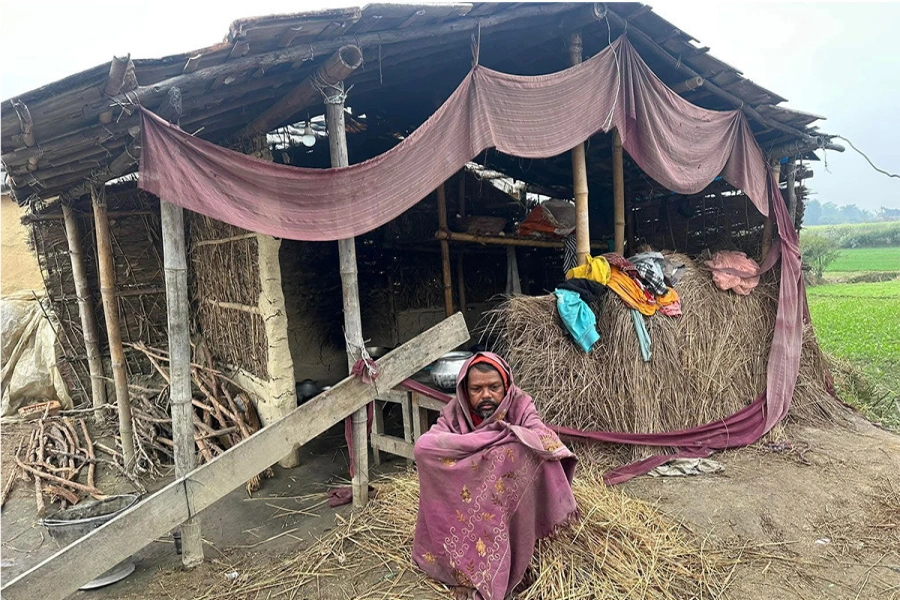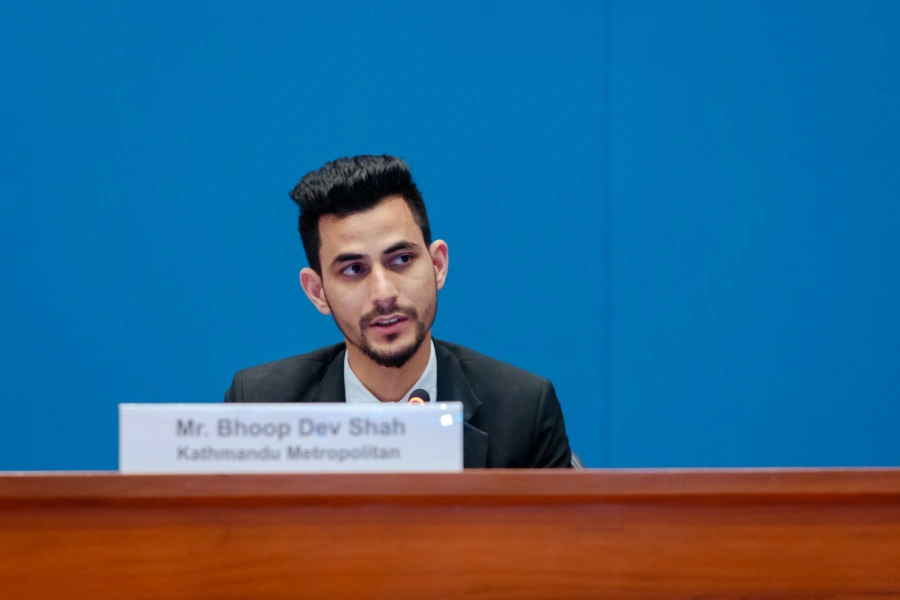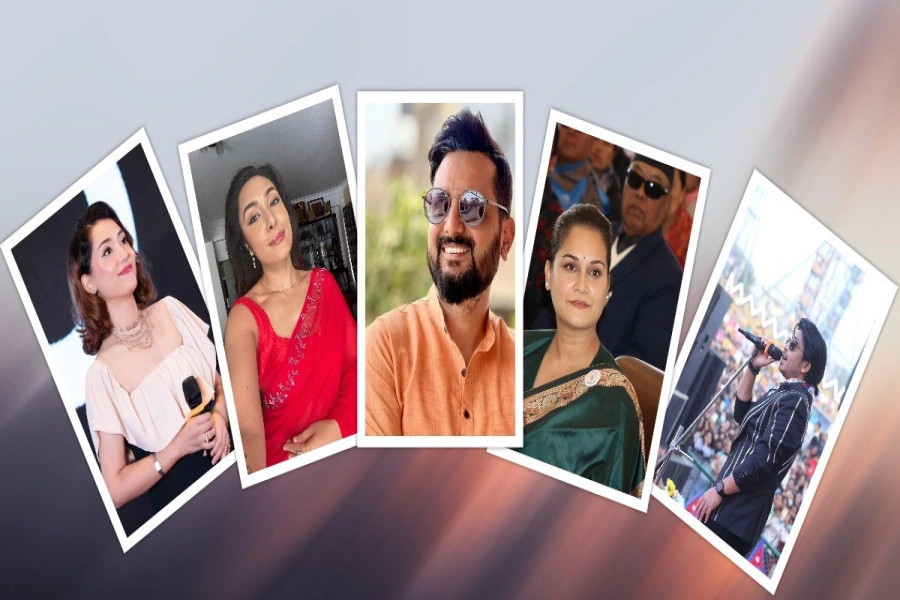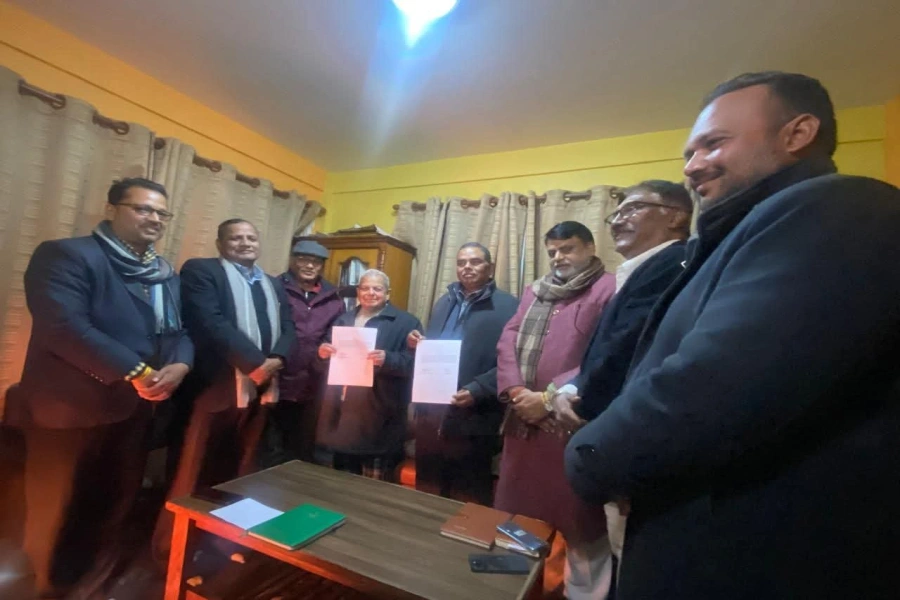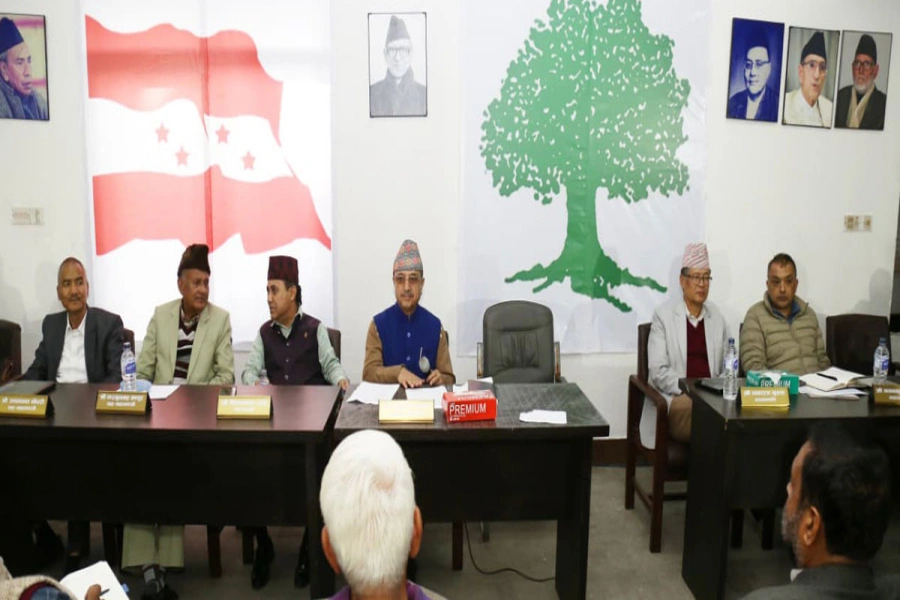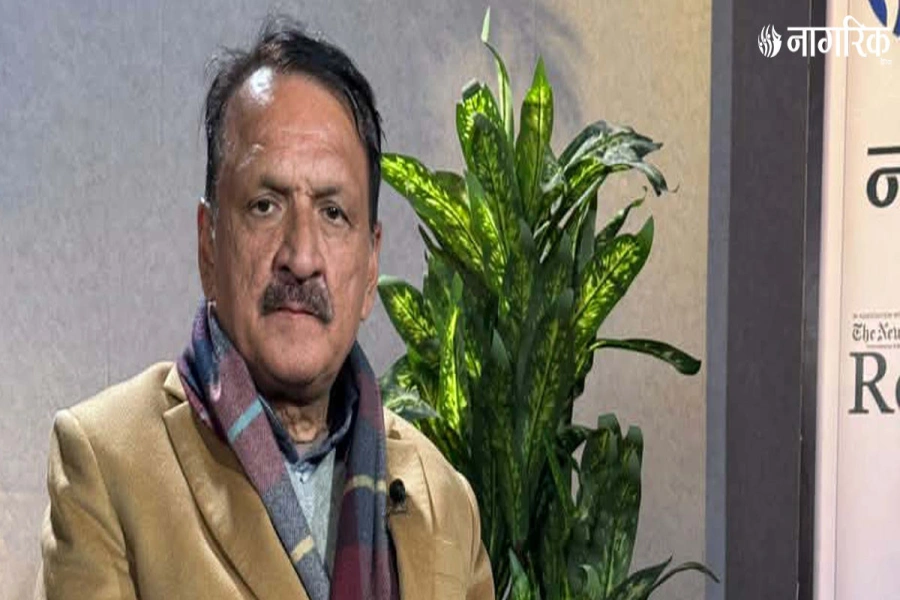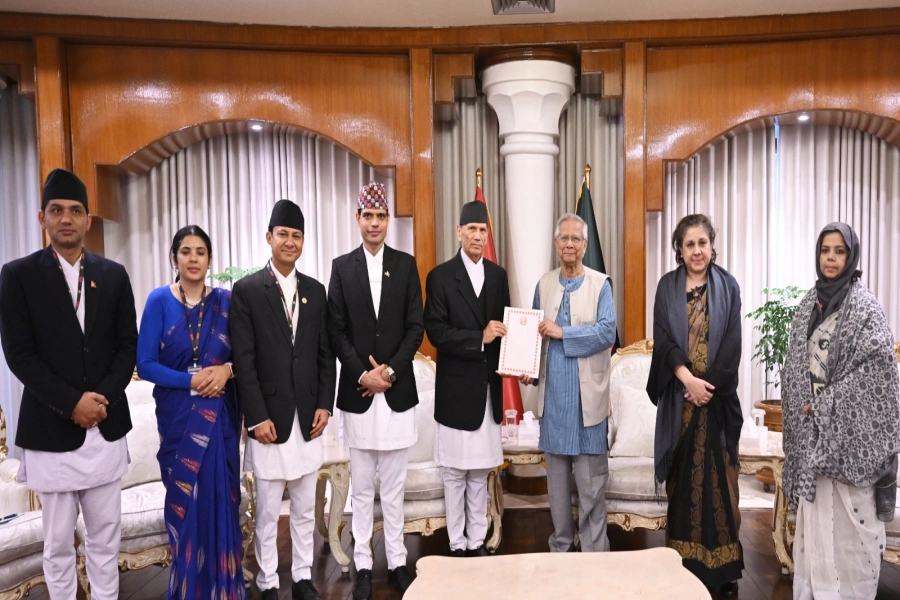Reproductive health education in Nepal is meager at best according to Professor Dr Achala Vaidya, gynecologist at Norvic International Hospital. According to Dr Vaidya, the only way we can raise awareness is by talking about women issues as much as we possibly can.
She herself takes the time out to translate English pamphlets into Nepali hoping to get across the language barrier to raise awareness. She spoke to The Week about the state of women’s reproductive health and how they can take care of themselves better.
When should women start visiting a gynecologist?
I don’t think there is a certain age somebody should visit a gynecologist for the first time. If you haven’t had any sort of complications then your first visit should be around the time you are planning on getting married to have your reproductive health and the system checked out. If you have severe cramps during your periods and painkillers don’t do much, you should consult a doctor. Although most cases might not be complicated, sometimes there might be fibroids in your uterus muscles that make periods unbearably painful. Fibroids are abnormal growths that develop in or on a woman’s uterus. Sometimes, these tumors become quite large and cause severe abdominal pain and heavy periods. You should have any uncomfortable condition checked out to rule out further health issues.
Women are generally hesitant to talk about their reproductive health. Why is that?
It is mostly young girls and newly married women who are shy to talk about any problems they might be having with their reproductive health. They mostly speak through somebody else who might have come with them. This is usually a parent or the husband. The hesitance to talk about your reproductive health problems is also a cultural thing here in Nepal. Many people don’t want to discuss it with a stranger, even if that stranger is a doctor. In my career, I have also come across language barrier. I have patients from the Tarai region who do not speak Nepali. This creates a problem because they cannot adequately express what exactly is troubling them.
A sit-down with Madame President in the context of Int'l Women'...

Are there any misconceptions when it comes to female hygiene?
Contrary to popular belief, your private parts aren’t self cleaning. I recommend my patients to use dettol or lifebuoy or one of the many special cleansers available in the market instead of beauty soaps which do nothing to actually clean your system and get rid of bacteria and yeast.
Women have to give special attention to hygiene because there are a lot of painful conditions that can arise because of bad hygiene.
For example, urinary tract infection is common in women because of infection arising out of negligence to clean yourself properly.
What are the measures that should be taken to maintain good hygiene?
The most basic thing you can do is to use soap to clean yourself regularly even if you don’t shower every day. It is also important to keep your parts dry so make sure you wipe off with a tissue after going to the bathroom. Carry your own tissue with you and do not use the ones in the public restrooms. They may be carrying infections that you do not know about. Women need to be aware that they are more prone to infections also because of the close proximity of the urethra and always keep themselves super clean.
Is it normal for women to have discharge?
Every woman in the middle of her ovulation cycle will have slight to heavy discharge. This discharge should be clear and without smell. If your discharge has a fishy odor and isn’t clear, you could have vaganitis and should visit the doctor and make a change in your daily hygiene routine.
How important is sticking to your medication?
Most people start weaning off medications on their own when they start feeling better without having completed the entire course of the drug. They often do not realize the repercussion of doing so. I make it a point to tell my patients to not stop medicines on their own. I have discovered that compliance rates are much higher when I discuss the side effects of the medication in detail as well as tell them the downsides of not completing the entire dosage.
What is your take on the morning after pills?
The morning after pill is very convenient if you have had intercourse and you aren’t sure about the protection you used. What most people fail to understand however is that it is only effective if it is taken within 72 hours of intercourse, after which the pill becomes useless. They may cause an irregular periods cycle and some people have spotting throughout the month if they have taken the pills. In this case you should visit your gynecologist to determine whether this spotting happened because the pill worked or because a baby is being conceived. A quick test by the doctor can determine which one it is. However, I do advice people to not just rely on the pills and adopt other contraceptive methods as well.
Breast and cervical cancer are quite common in women. What can be done to avoid it?
There is no way for somebody to completely protect themselves from cancer. However, you can do a couple of screening tests to make sure that you are not prone to it. Early detection is the best thing when it comes to breast and cervical cancer that are largely treatable. People who have a genetic predisposition to cancer, meaning they have a family member who has cancer, should get themselves tested regularly. There are various cancer screening packages that you can choose from and contrary to popular belief they are not that expensive either.




